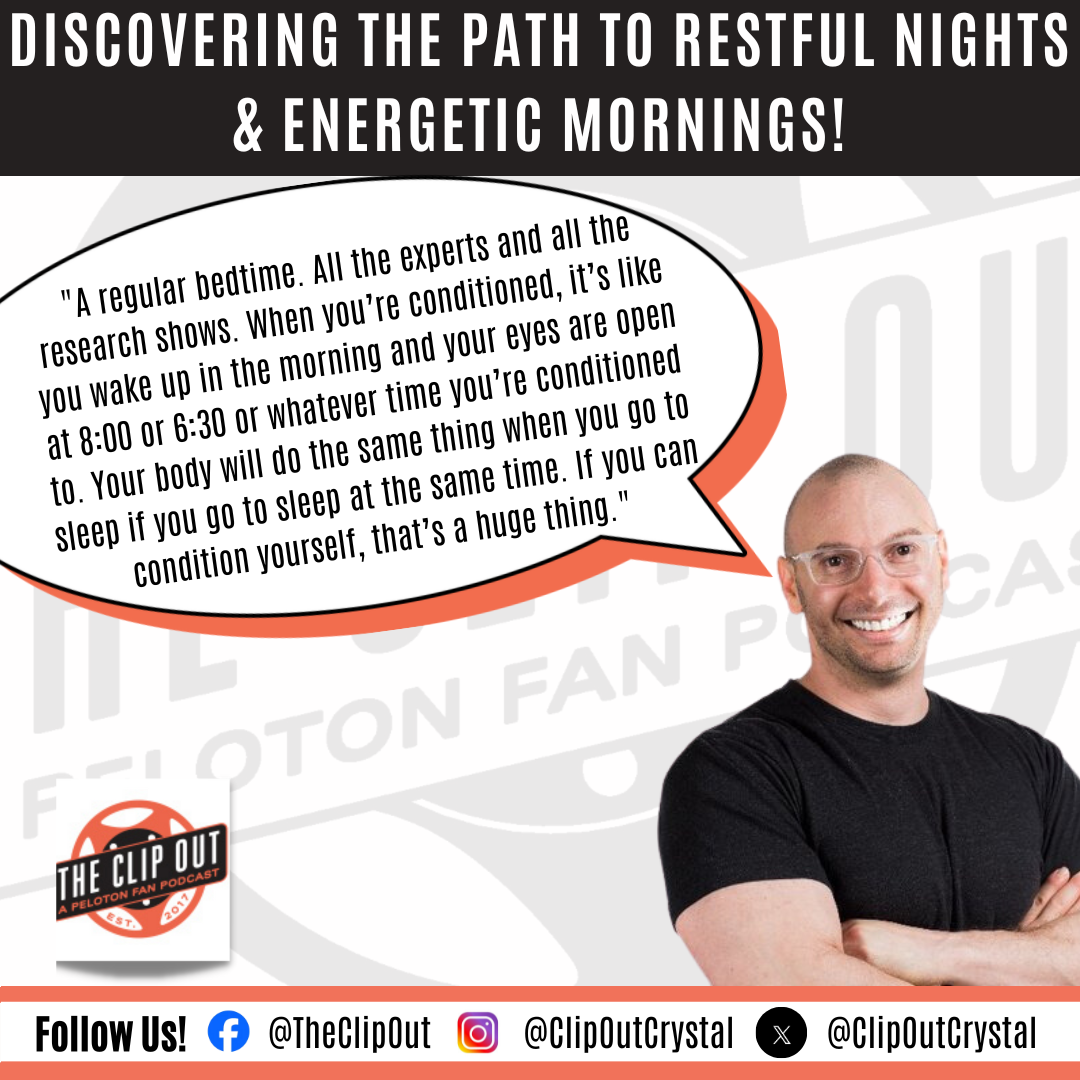Understanding the concept of sleep drive and body clock is essential for maintaining a healthy sleep schedule and overall well-being. In this article, we will delve into the details of these two crucial factors that influence our sleep patterns and explore their impact on our daily lives.

Credit: acendahealth.org
What is Sleep Drive?
Sleep drive, also known as the homeostatic sleep drive, refers to the body’s natural inclination to seek sleep after a certain period of wakefulness. This drive is influenced by a substance called adenosine, which gradually accumulates in the brain while we are awake. As adenosine levels rise, it promotes sleepiness and helps regulate our sleep-wake cycle.
Understanding the concept of sleep drive and body clock is essential for maintaining a healthy sleep schedule.
Factors such as the quality and duration of our sleep, as well as external stimuli like caffeine consumption and stress, can affect the accumulation of adenosine and therefore impact our sleep drive.
Exploring the Body Clock
Our body clock, also known as the circadian rhythm, is a natural, internal process that regulates the sleep-wake cycle and repeats roughly every 24 hours. This internal clock is influenced by factors such as light and darkness, which signal the body to either feel alert or initiate the sleep process.
External factors such as shift work, jet lag, and irregular sleep patterns can disrupt the body clock, leading to sleep disturbances and overall fatigue.
The Interplay Between Sleep Drive and Body Clock
The relationship between sleep drive and the body clock is intricate and plays a vital role in determining our sleep patterns and overall well-being. While the sleep drive determines the pressure to sleep based on the duration of wakefulness and the accumulation of adenosine, the body clock regulates the timing of when we feel most alert and when we naturally feel inclined to sleep.
A harmonious interplay between sleep drive and the body clock is crucial for maintaining a balanced and restful sleep routine. However, disruptions in either of these factors can lead to sleep disorders and impact our physical and mental health.

Credit: theclipout.com
Strategies for Enhancing Sleep Drive and Regulating the Body Clock
Given the significance of sleep drive and the body clock in our daily lives, it is essential to incorporate practices that promote their alignment and contribute to healthy sleep patterns.
Establishing A Consistent Sleep Schedule
Going to bed and waking up at the same time each day can help regulate the body clock and enhance sleep drive. Consistency reinforces the body’s internal clock, making it easier to fall asleep and wake up naturally.
Creating A Relaxing Bedtime Routine
Engaging in calming activities such as reading, meditating, or taking a warm bath before bedtime can signal the body that it is time to wind down and prepare for sleep.
Limiting Exposure To Screens Before Bed
The blue light emitted from electronic devices can interfere with the body’s production of melatonin, a hormone that regulates sleep. Limiting screen time before bed can help synchronize the body clock and promote better sleep quality.
Managing Stress And Anxiety
Practicing stress-reducing techniques such as mindfulness, yoga, or deep breathing exercises can alleviate the impact of stress on sleep drive and the body clock, fostering a more relaxed and restful environment for sleep.
Seeking Professional Guidance
If you are experiencing persistent sleep disturbances or disruptions in your sleep patterns, consulting a healthcare professional or sleep specialist can provide valuable insights and personalized strategies to address your specific needs.
Frequently Asked Questions For Sleep Drive And Your Body Clock : Unlock The Power Of Restful Nights
How Does Sleep Drive Affect Your Body Clock?
Sleep drive is a biological mechanism that signals your body when it’s time to sleep. When sleep drive increases, it triggers your body clock to release sleep hormones and regulate your sleep-wake cycle.
Why Is It Important To Maintain A Consistent Sleep Schedule?
Maintaining a consistent sleep schedule helps regulate your body clock, ensuring quality sleep. It improves overall health, productivity, and reduces the risk of sleep disorders.
How Can Irregular Sleep Patterns Affect Your Body Clock?
Irregular sleep patterns disrupt your body clock and can lead to sleep disorders like insomnia, jet lag, or shift work sleep disorder. It can result in fatigue, difficulty concentrating, and overall poor sleep quality.
Are Naps Beneficial For Regulating Your Body Clock?
Short power naps can be beneficial for refreshing your mind, but long or irregular daytime naps can interfere with your body clock, making it harder to fall asleep at night.
Conclusion
By understanding the intricate dynamics of sleep drive and the body clock, we can make informed decisions regarding our sleep habits and overall well-being. Implementing strategies to enhance our sleep drive and regulate our body clock can lead to improved sleep quality, increased daytime alertness, and a greater sense of vitality in our daily lives.
Leave a Reply